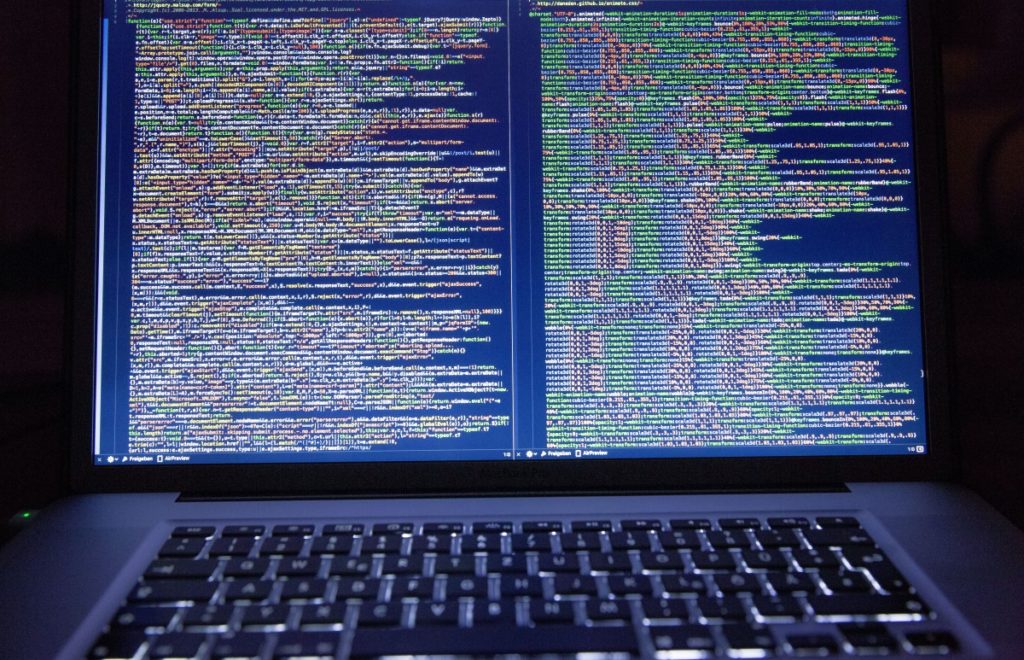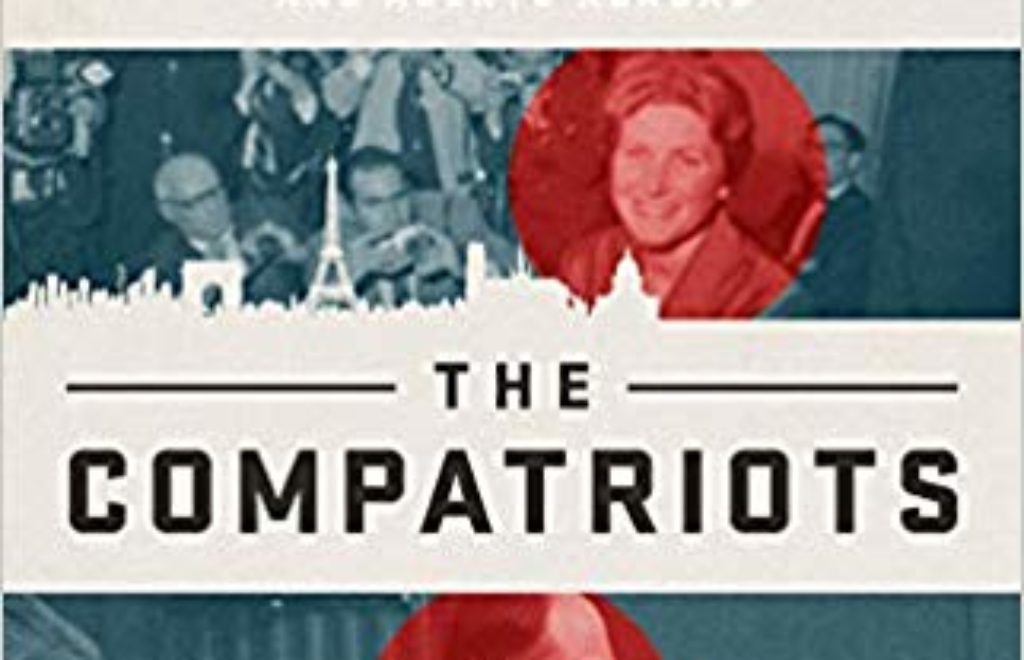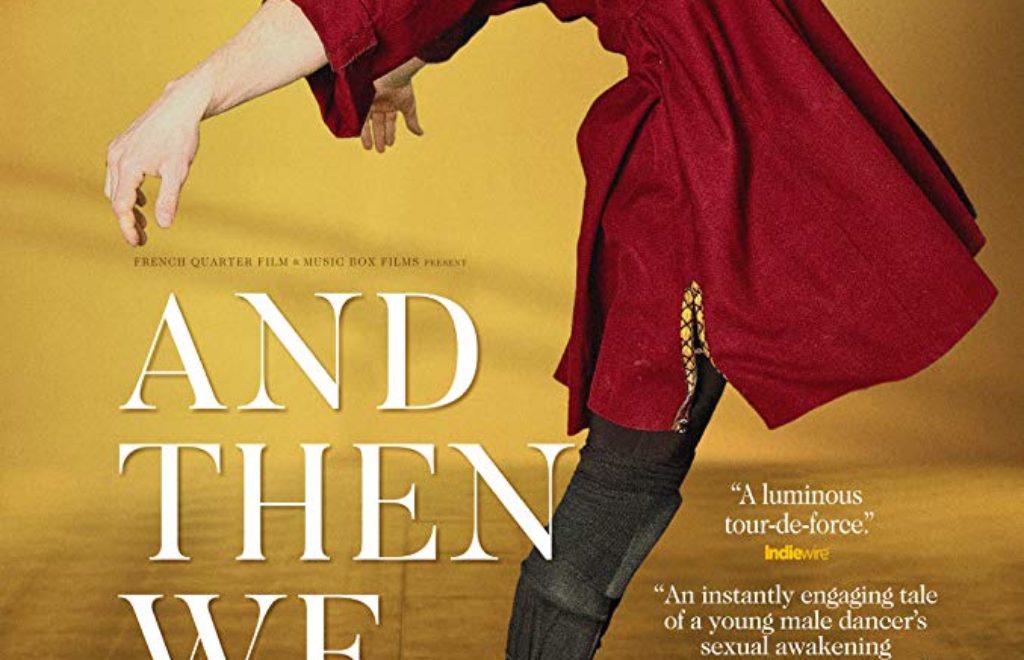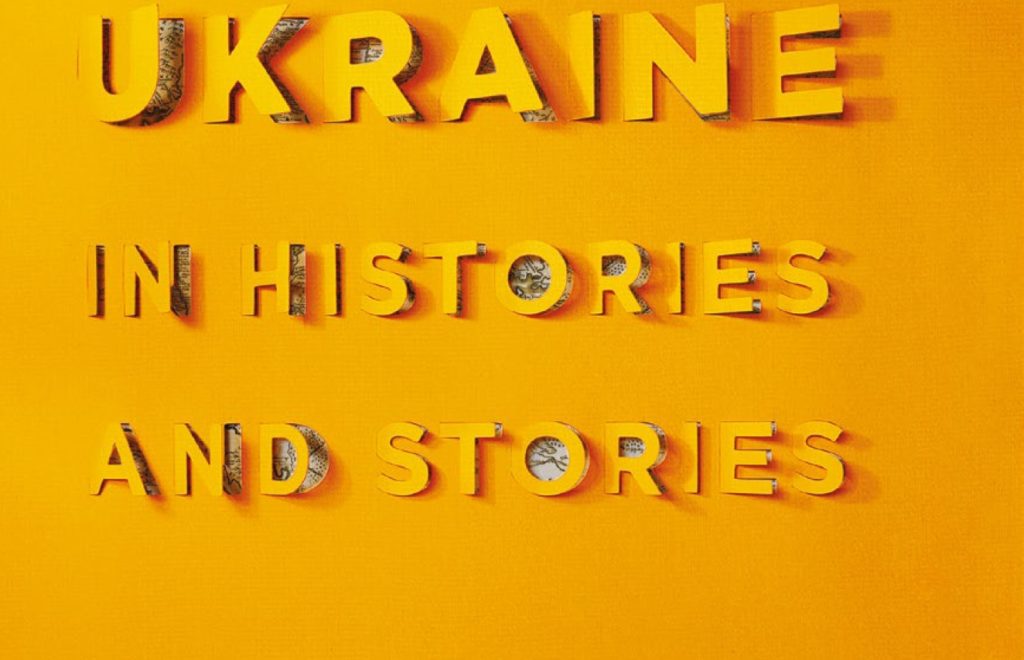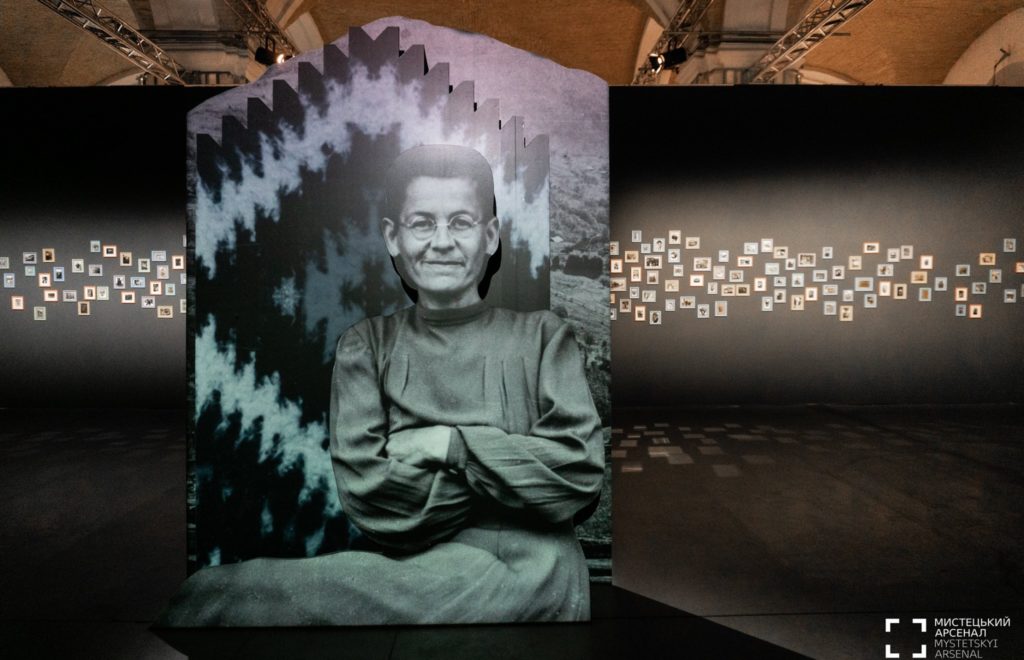The poisonous apple
In autumn 2018 Poland was celebrating its 100 years of independence. On that occasion the European Solidarity Centre and private television station, TVN24, organised a televised discussion with historians who reflected on the significance of reinstating sovereignty. Timothy Snyder, the American historian and author of Bloodlands, spoke at large about the many dimensions of the concept, and invoked the notion “information sovereignty” – a collective effort to establish free media as well as developing countermeasures to push back against aggressive disinformation campaigns from Bolshevik Russia. Information warfare was as present and real a danger back then as it is today; except that wireless meant mostly long wave radio broadcast.
January 27, 2020 - Wojciech Przybylski


